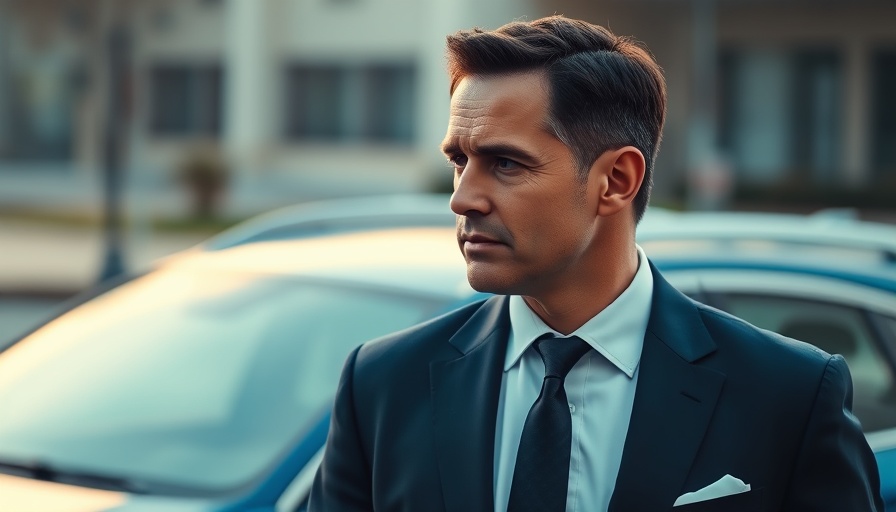
The Uncertain Future of Renault's Turnaround
With Renault’s CEO set to resign on July 15, 2025, the automotive giant faces a pivotal moment that could greatly impact its ongoing restructuring efforts. As the company attempts to recover from previous challenges, the leadership transition raises questions about sustaining momentum and driving success in a rapidly changing industry.
Defining Moments in Leadership
Successful organizations often hinge on strong, strategic leadership. This is particularly critical in a field like automotive, where innovation and adaptability are paramount. Renault's CEO has guided the company through a challenging period, focusing on improving operational efficiency while aligning with modern consumer demands.
The Impact of Leadership Changes
The resignation of a CEO introduces uncertainty, especially for stakeholders eager for stability and direction. Industry experts predict that Renault's upcoming leadership transition may lead to shifts in strategy, potentially affecting dealer relationships and sales performance. The new CEO will need to swiftly establish confidence among investors and employees alike, emphasizing continuity in efforts to streamline operations and enhance brand reputation.
Challenges Ahead for the Automotive Industry
The automotive sector is faced with myriad challenges: pandemic aftermaths, supply chain disruptions, and a growing demand for sustainable practices. Renault’s current trajectory is not only affected by internal leadership but also by external pressures that require innovative responses. As they navigate these complexities, having a focused and effective leader at the helm will be crucial.
Potential for Innovation and Growth
The incoming CEO at Renault has the opportunity to inspire new visions that could revitalize the brand, especially through advancements in technology and design. As consumer preferences shift towards electronic vehicles and more sustainable practices, Renault’s leadership must embed these trends into their strategic plans. The emphasis on creating a modern, responsive company culture will be vital in attracting new customers and retaining existing ones.
How This Affects Stakeholders
For dealership principals, general managers, and fixed operations directors, the new leadership will directly influence day-to-day operations and strategic partnerships. These stakeholders will need to adapt to any changes in business direction, ensuring alignment with the overarching goals set by the new CEO. Engaging with staff and maintaining morale during this transition will be critical.
Taking Action in Uncertain Times
As the automotive landscape continues to evolve, it's essential for all professionals in the industry to stay informed about leadership changes and their implications. This knowledge will allow stakeholders to better prepare for potential shifts in market dynamics, ensuring they remain proactive rather than reactive.
 Add Row
Add Row  Add
Add 




Write A Comment